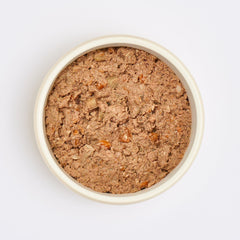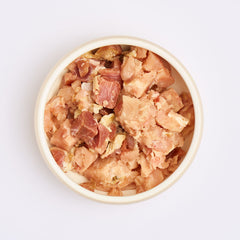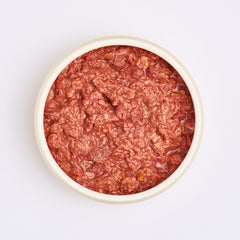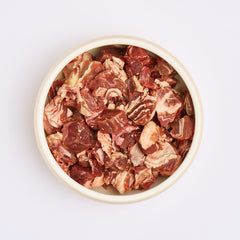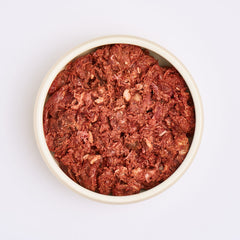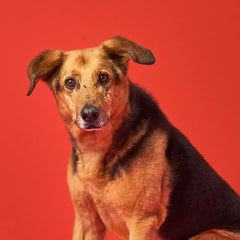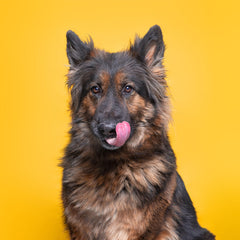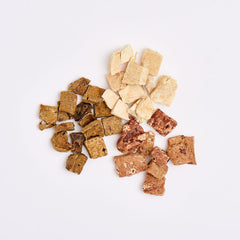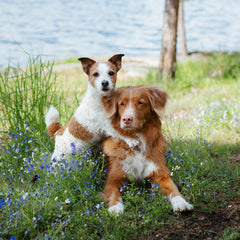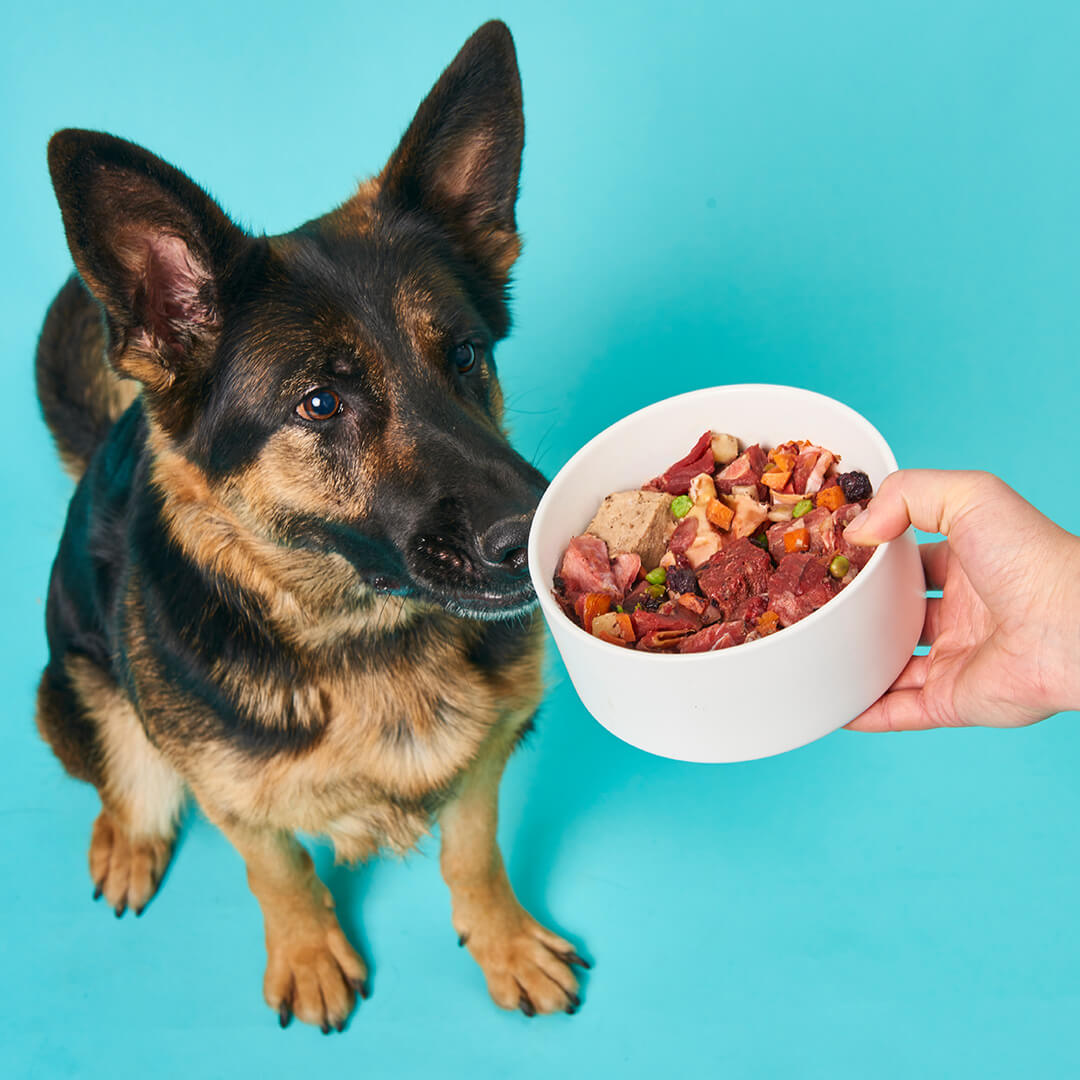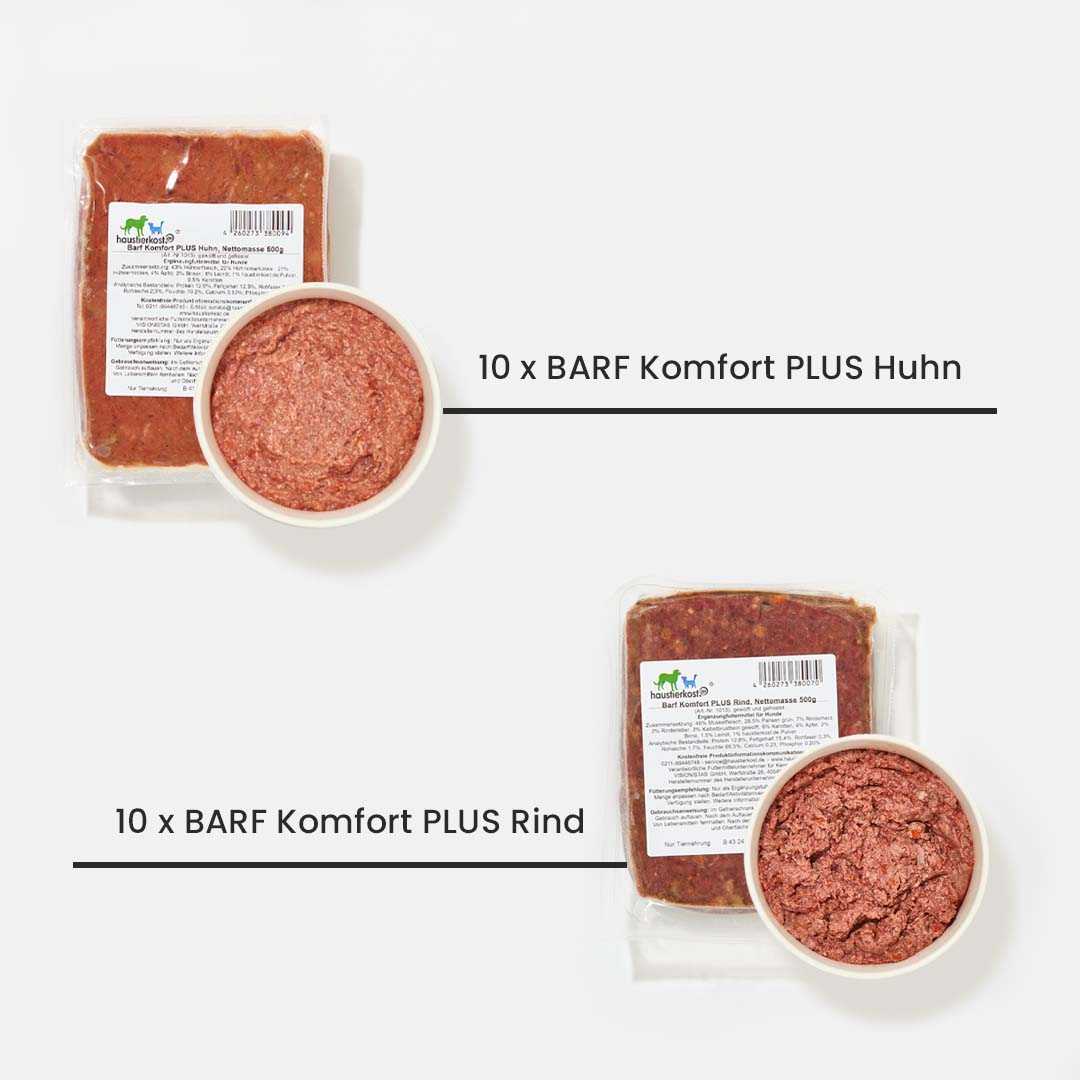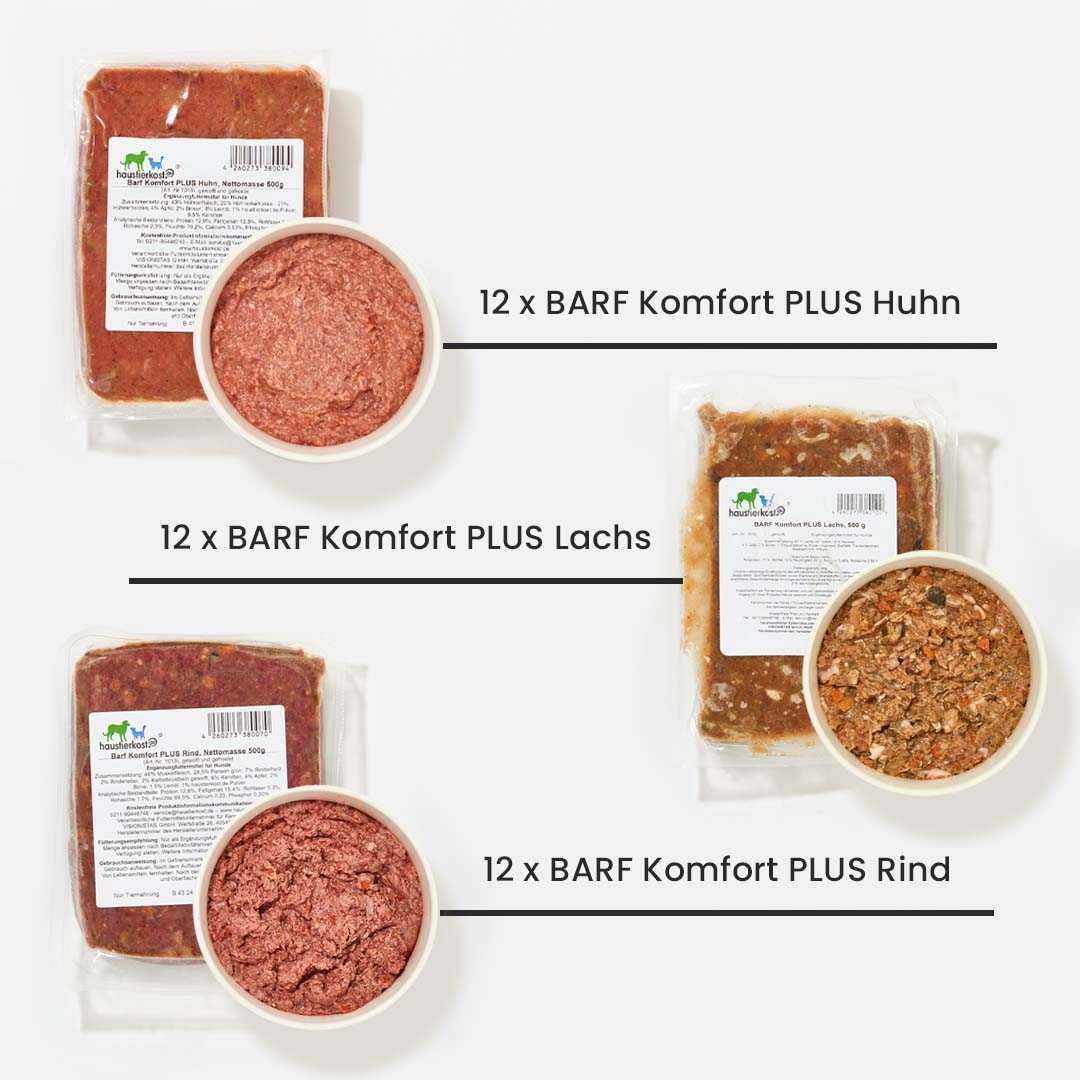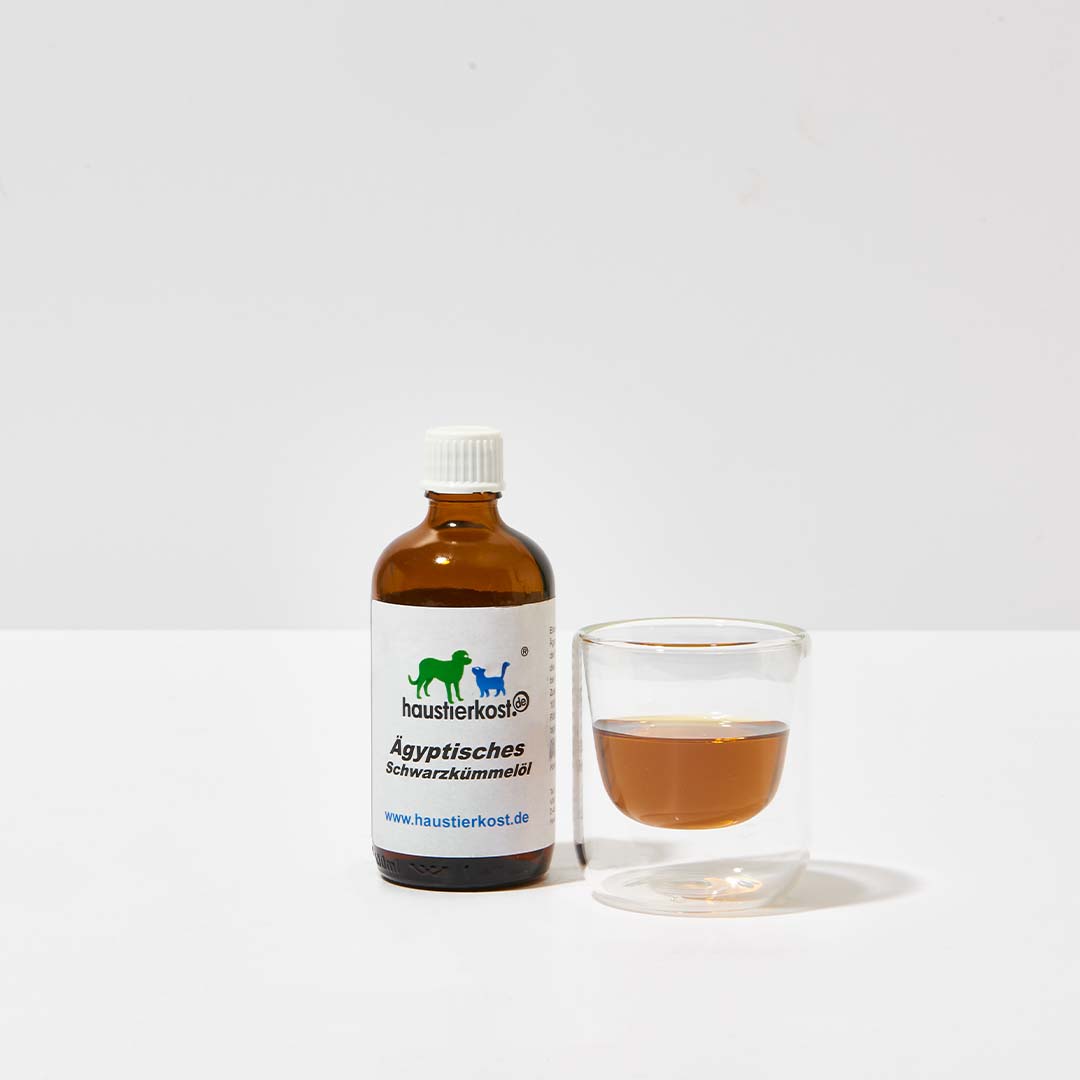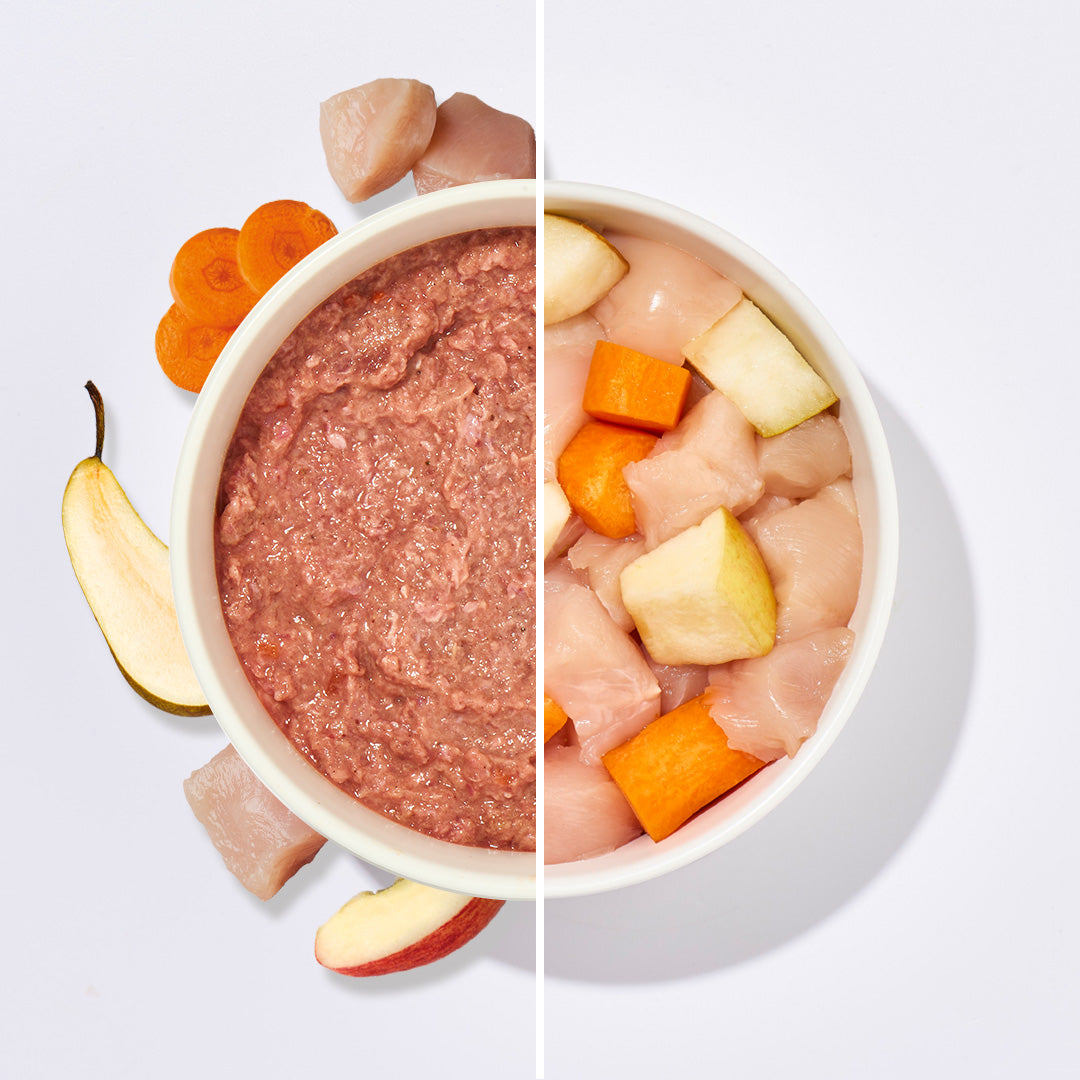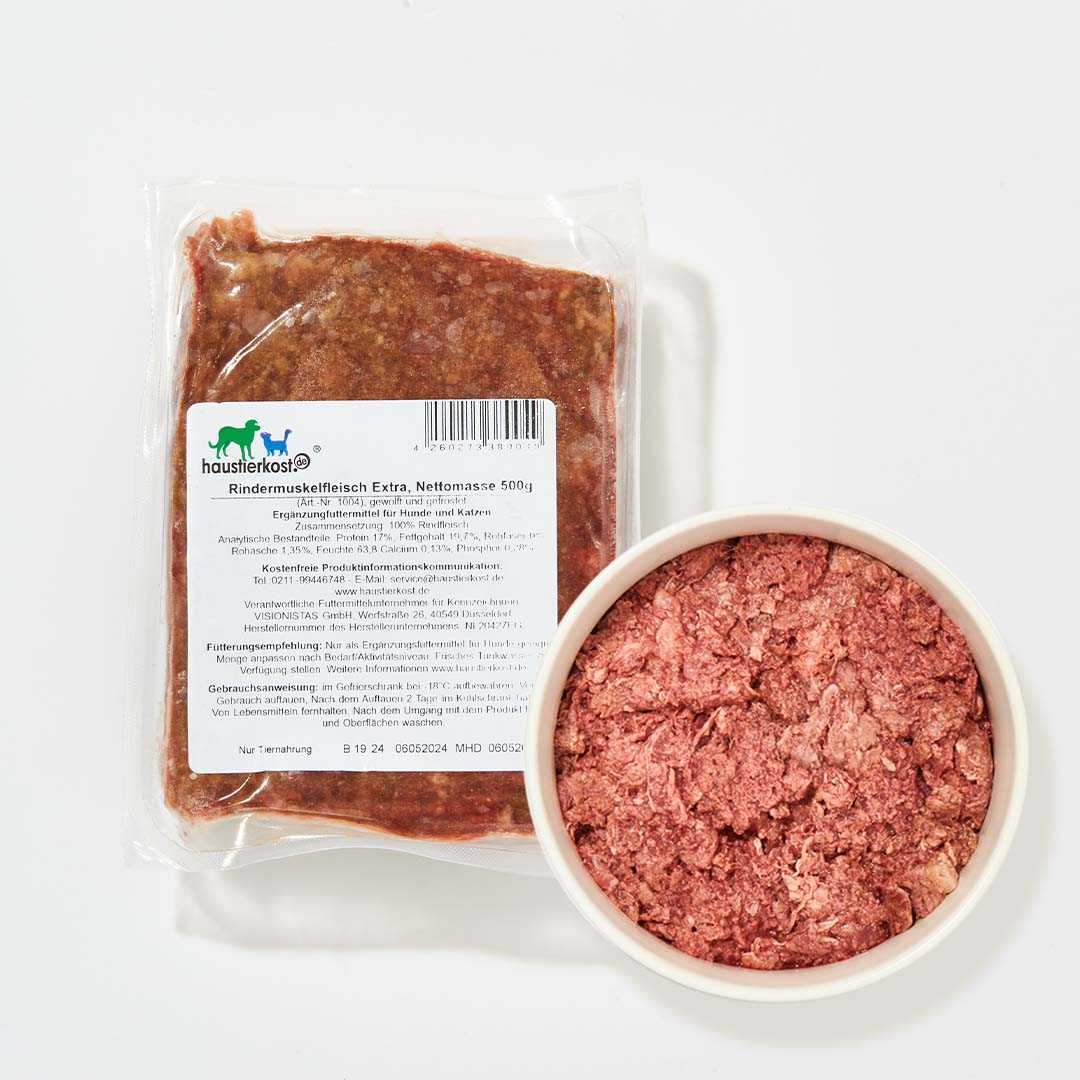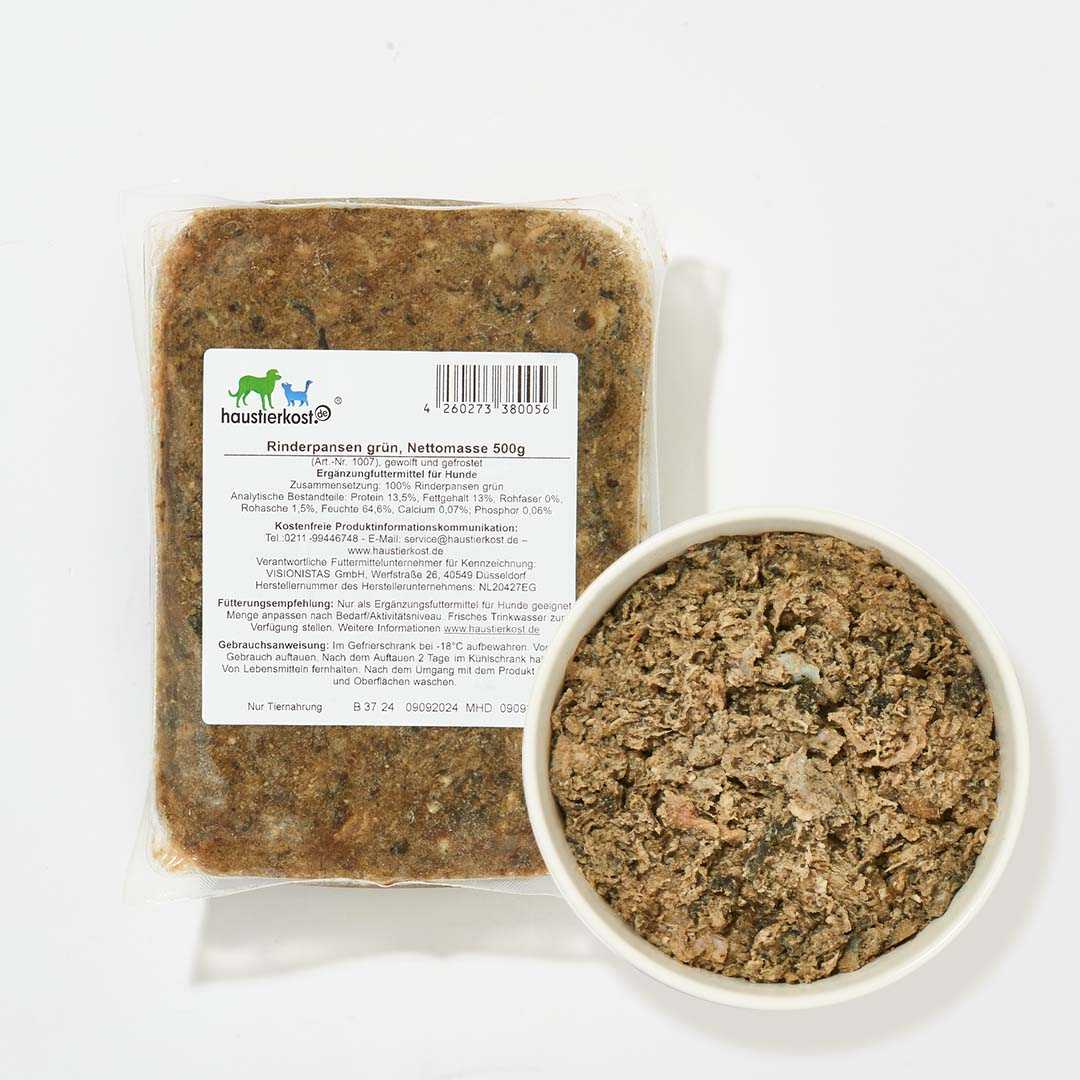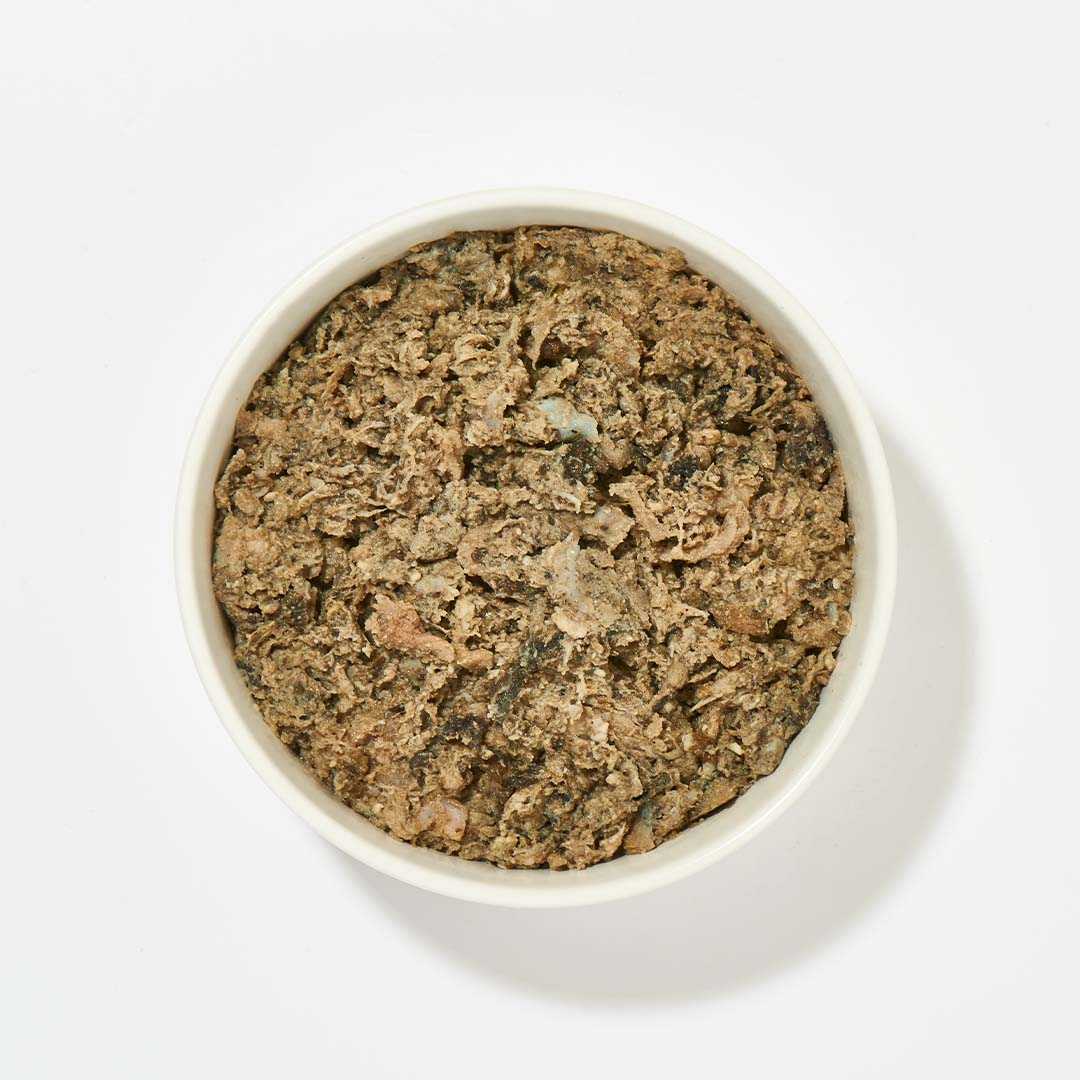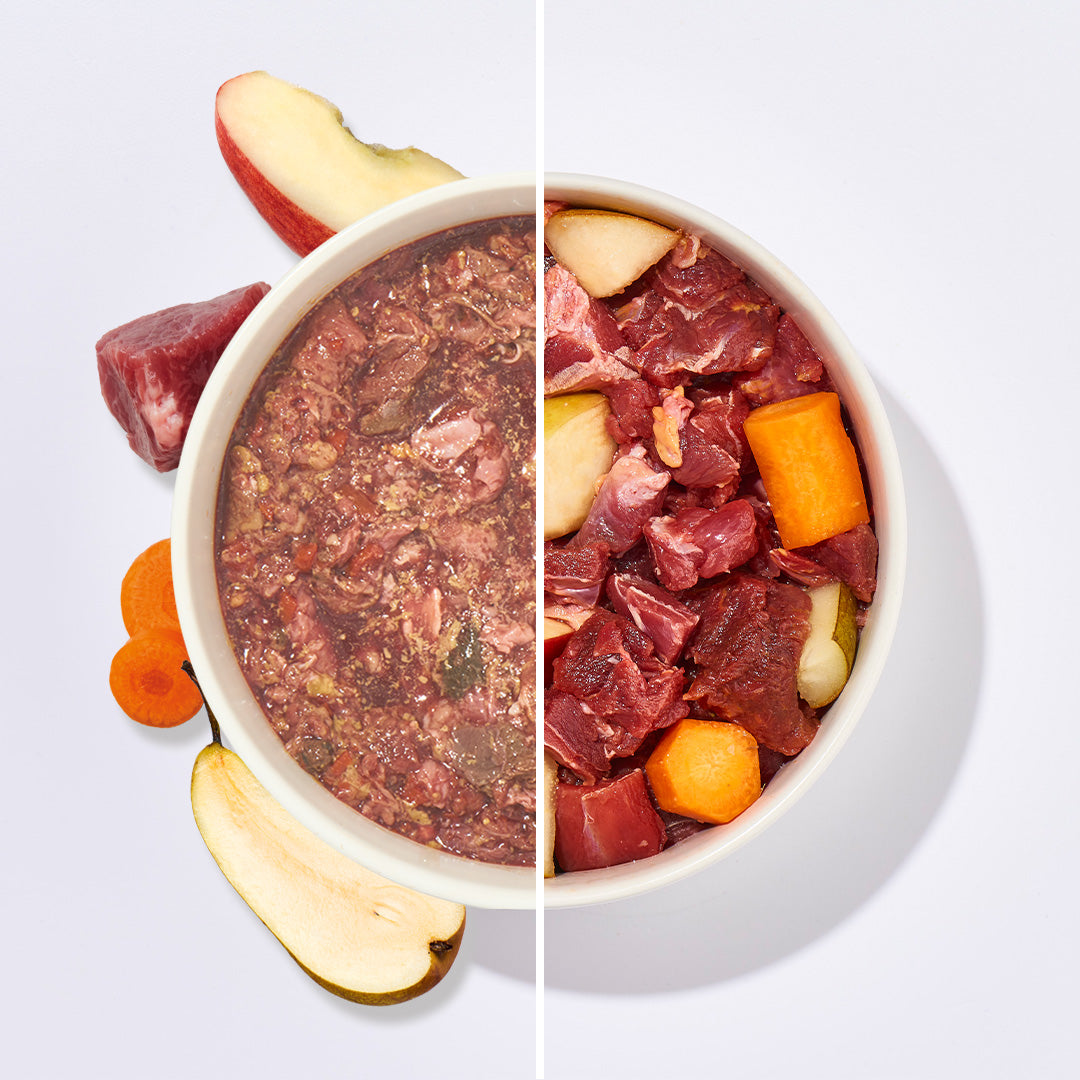Dominance behavior in dogs is often described as aggressive behavior towards other dogs. Many people see the reason for this in the domestic dog's descent from the wolf, which lives in a hierarchical pack. In fact, this attempt to explain the dominance behavior of a dog is long outdated, because even if there is a boss in the pack, wild wolves live together in family groups, which are usually led by the oldest animals. There are usually no relentless fights or strong competition for the role of alpha animal. So what is the much-cited dominance behavior of dogs all about - from pulling on the leash to ignoring orders to aggressive behavior towards other dogs - and how can it best be prevented? We reveal it in the BARF guide from haustierkost.de .
Dominance behavior of a dog towards other dogs
Dominant behavior of a dog towards other dogs is rather unusual because dogs generally do not strive for a position of power. Naturally, dominance fights do not take place between dogs to prove power or position or to assume the role of the alpha dog. Instead, supposed dominant behavior of individual dogs towards other dogs has a different background. This is that the dominant or aggressive animals may feel threatened by another dog - for example in terms of food or territory. And to be able to recognize whether this is the case requires a lot of experience and background knowledge, which only an expert in this field can provide.
Preventing Dominant Behavior in Dogs
In order to prevent dominant behavior in dogs, the theory that has been used for years is that the owner should take on the role of pack leader in place of their four-legged friend. There are various methods to reinforce this position and prevent the dog's dominant behavior. One of them is to only feed the animal after the owner has eaten. Another is that the owner always has the right of way - regardless of whether it is the first step out of the door or the subsequent walk together. However, these attempts to prevent a dog's dominant behavior are based on the false assumption that every dog wants to take over the pack leadership and enforce this through dominant behavior. The fact is, however, that there can be something hidden behind the supposed dominance - and you can get it under control with the right training.
Dominance behavior in dogs: Does feeding play a role?
Dominant behavior in dogs can be a question of upbringing or a problem in communication between humans and animals. Nevertheless, the question of whether feeding plays a role in this is always raised. One myth in particular regarding BARF persists in this regard, namely the concern that raw meat makes dogs aggressive . In fact, even after many years of research, there is no evidence that raw meat makes dogs aggressive. It is more the case that the animals cannot make a connection between the meat in their bowl and the prey behind it. BARF meat is therefore still the most species-appropriate form of feeding for four-legged friends.
Basically, with our guide on dominant behavior in dogs, we would like to give you an initial insight into the topic, which is an extremely complex one and is therefore the basis for the work of animal trainers, therapists and veterinarians. There are many possible causes of dominant behavior in animals and some of them are of a medical nature. If in doubt, contact a professional if your dog displays dominant behavior.
Sources:








